Theme Speakers
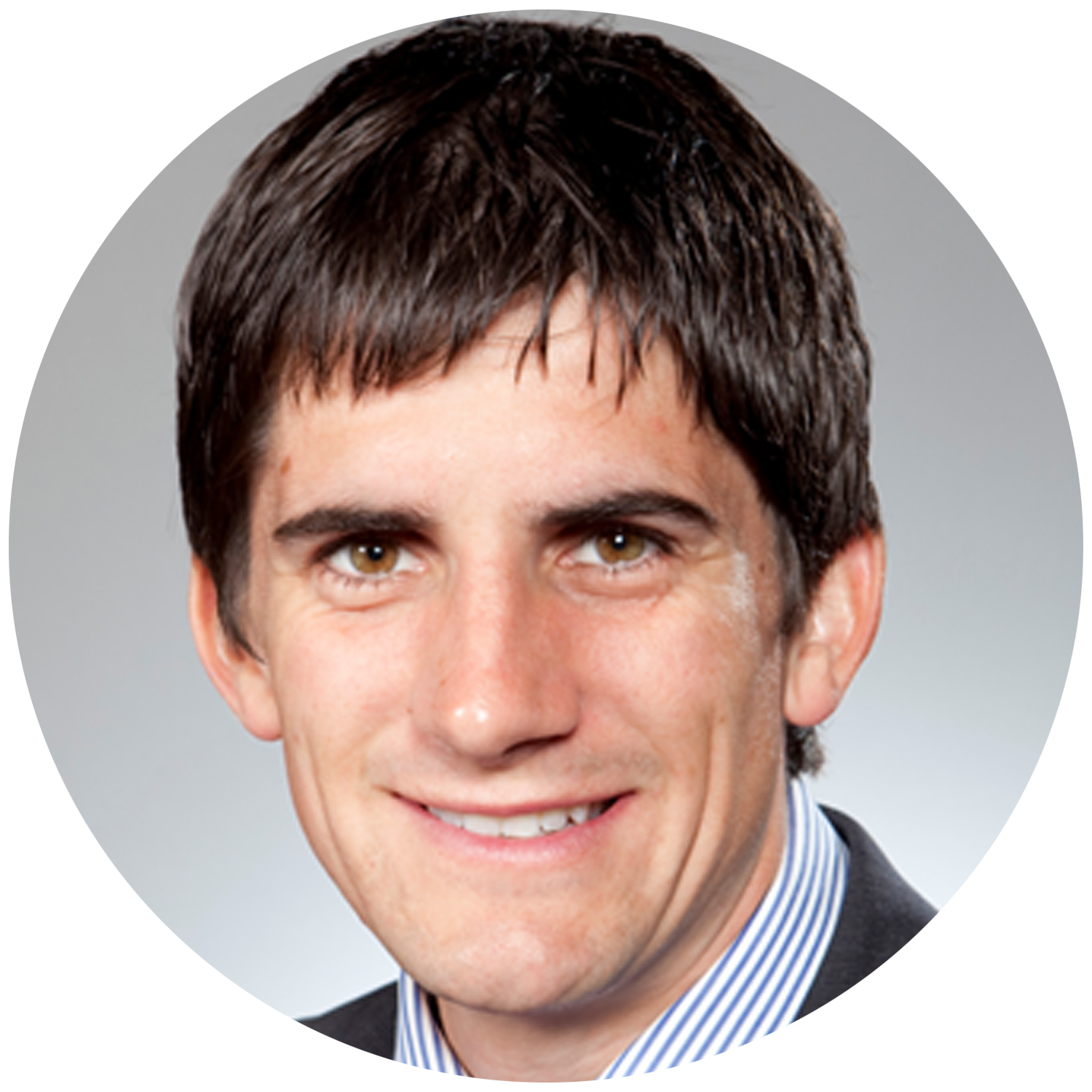
Brendon Bradley
Brendon is a Professor of Earthquake Engineering at the University of Canterbury, New Zealand. He obtained his BE(Hons) in 2007 and PhD in 2009. He is an author of the textbook Seismic Hazard and Risk Analysis (2021) published by Cambridge University Press. He was a co-developer of QuakeCoRE: The New Zealand Centre for Earthquake Resilience in 2016, serving initially as its Deputy Director (2016-2018), and then Director (2019-2024). He is presently Editor for Earthquake Spectra. His work, with collaborators, has received several accolades, including, the 2014 Shamsher Prakash Foundation Research Award; 2015 TC203 Young Researcher Award; 2015 EERI Shah Innovation Prize; 2016 ASCE Norman Medal; 2016 New Zealand Prime Minister’s Emerging Scientist Prize; 2021 ISSMGE Bright Spark Lecture; and 2023 University of Canterbury Research Medal. In 2022 he was elected as a Fellow of the Royal Society of New Zealand.

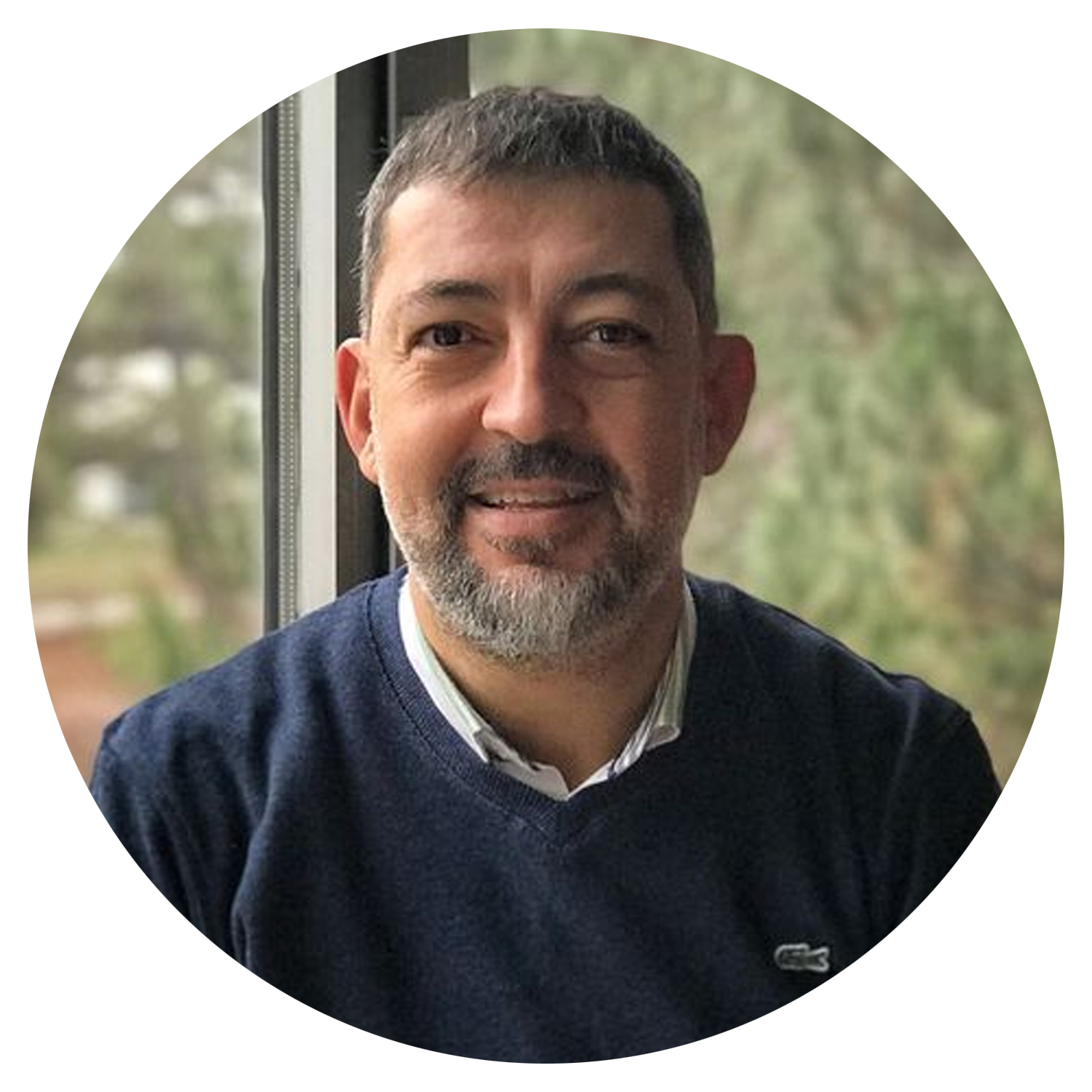
Dr Kemal Onder Cetin
Dr. Kemal Onder Cetin is a Professor of Geotechnics and Earthquake Engineering at Middle East Technical University (METU) in Ankara, Türkiye. He received his Ph.D. from the University of California, Berkeley, where his research on seismic soil liquefaction triggering of saturated cohesionless soils was recognized with the Thomas A. Middlebrooks Award by the ASCE Geo-Institute in 2006. His liquefaction triggering methodology has been widely adopted in engineering practice and incorporated into design codes, including AASHTO. Prof. Cetin has authored over 500 technical publications and continues to actively contribute to the field as a lecturer, consultant, researcher, editor, and reviewer. He is widely recognized for his dedication to advancing earthquake engineering and geotechnical research at both national and international levels.


Shideh Dashti, Ph.D.
Shideh Dashti is a Professor in Geotechnical Engineering and Geomechanics at the University of Colorado Boulder (CU). She obtained her undergraduate degree at Cornell University in 2004 and graduate degrees at the University of California, Berkeley in 2009. She worked briefly with ARUP and Bechtel on several engineering projects, spanning seismic design of underground structures, foundations, and slopes. Her research team studies: the interactions among infrastructure systems during earthquakes and environmental extremes; seismic performance of underground structures; triggering, consequence, and mitigation of liquefaction at local and regional scales; impact of compound hydrologic-seismic hazards on geotechnical infrastructure; and the intersection of resilience, environmental sustainability, and justice. She is the recipient of the 2018 Arthur Casagrande Award and the 2021 Walter Huber Civil Engineering Research Prize from ASCE as well as the 2025 Distinguished Lecture Award from EERI.

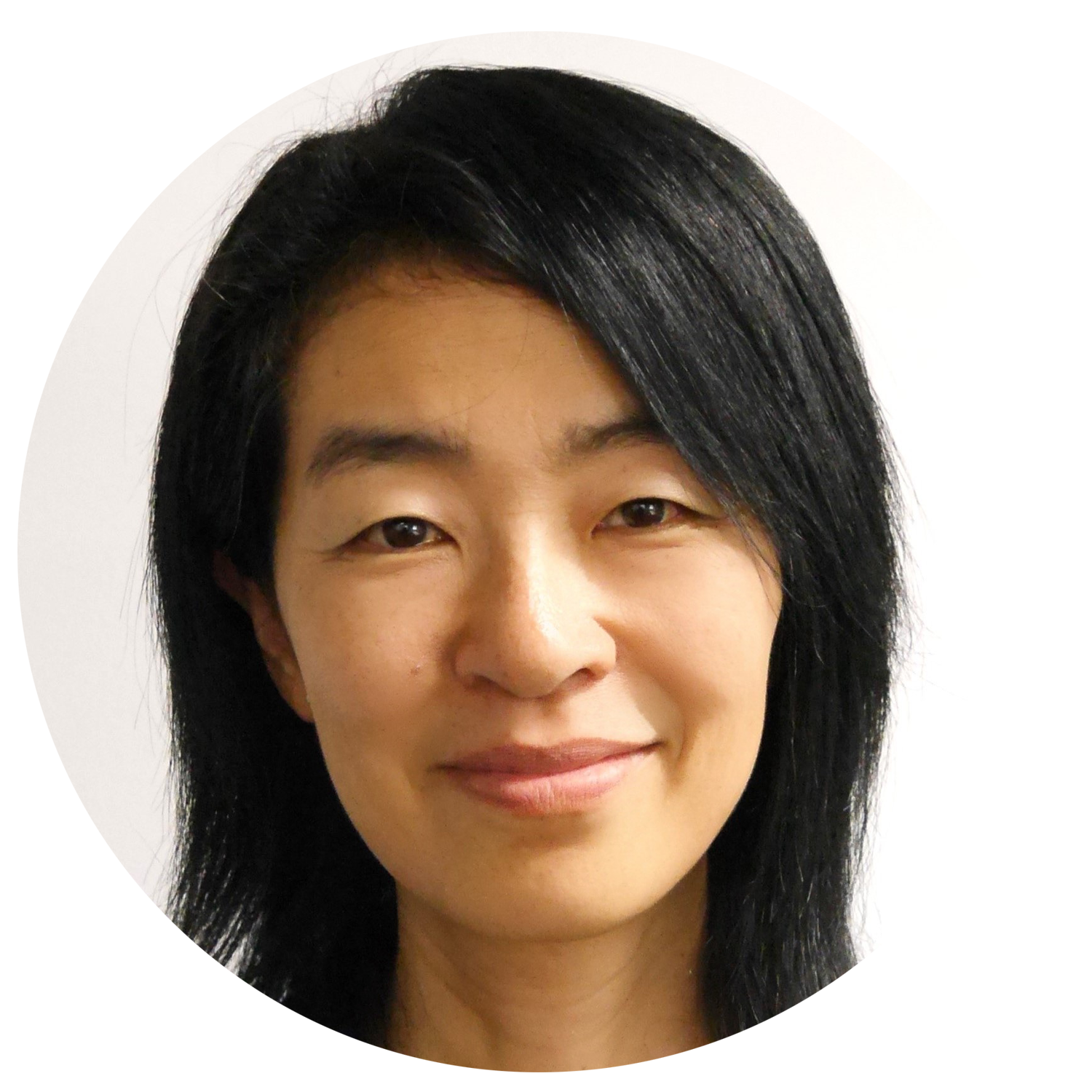
Reiko Kuwano
Reiko Kuwano is a professor at the Institute of Industrial Science, The University of Tokyo. She received her Bachelor's and Master's degrees from The University of Tokyo, and earned her Ph.D. from Imperial College London in 1999. Her research specializes in geotechnical engineering, with a focus on soil testing, sand yielding behavior, and the long-term performance and maintenance of soil and underground structures.

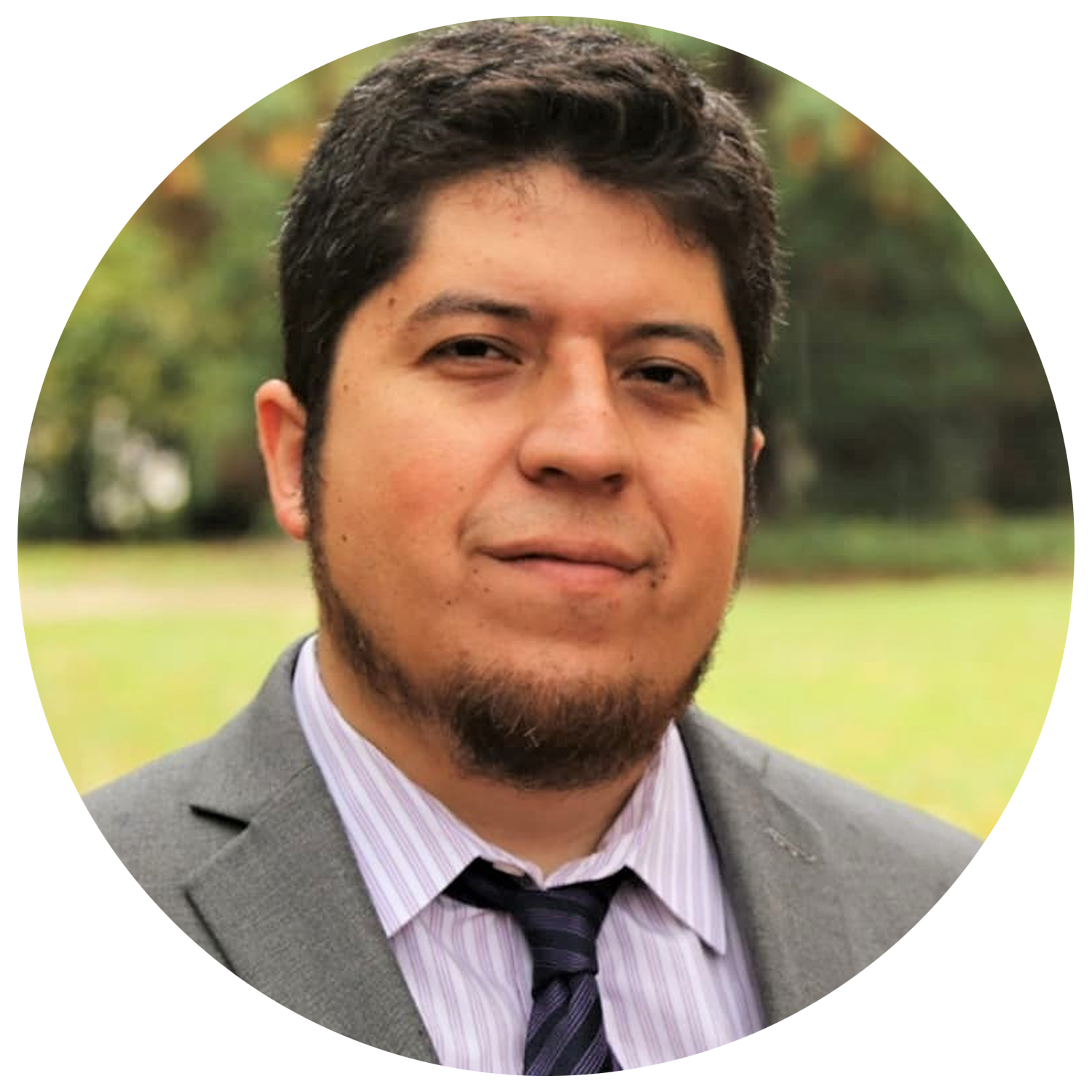
Jorge Macedo, Ph.D., P.E.
Associate Professor in the School of Civil and Environmental Engineering at the Georgia Institute of Technology, where he has been a faculty member since 2018. His research focuses on geotechnical earthquake engineering, mining geotechnics, and emerging AI/data-driven technologies for risk engineering and multi-hazard assessments. Dr. Macedo received the prestigious 2022 U.S. National Science Foundation CAREER Award for his work at the intersection of mining geotechnics and artificial intelligence. He has also received the Young Researcher Award from the International Society of Soil Mechanics and Geotechnical Engineering (ISSMGE), along with multiple research and teaching awards from Georgia Tech and other institutions. In addition to his academic work, Dr. Macedo has over 17 years of experience as a consulting engineer, contributing to major engineering projects worldwide. He is the founder and chair of TAILENG (TAilings and IndustriaL waste ENGineering), a research center dedicated to enhancing the resilience of infrastructure in the mining and power sectors. Dr. Macedo currently serves as an associate editor for Earthquake Spectra and the ASCE Journal of Geotechnical and Geoenvironmental Engineering (JGGE) and is a member of several professional committees in the United States and South America.

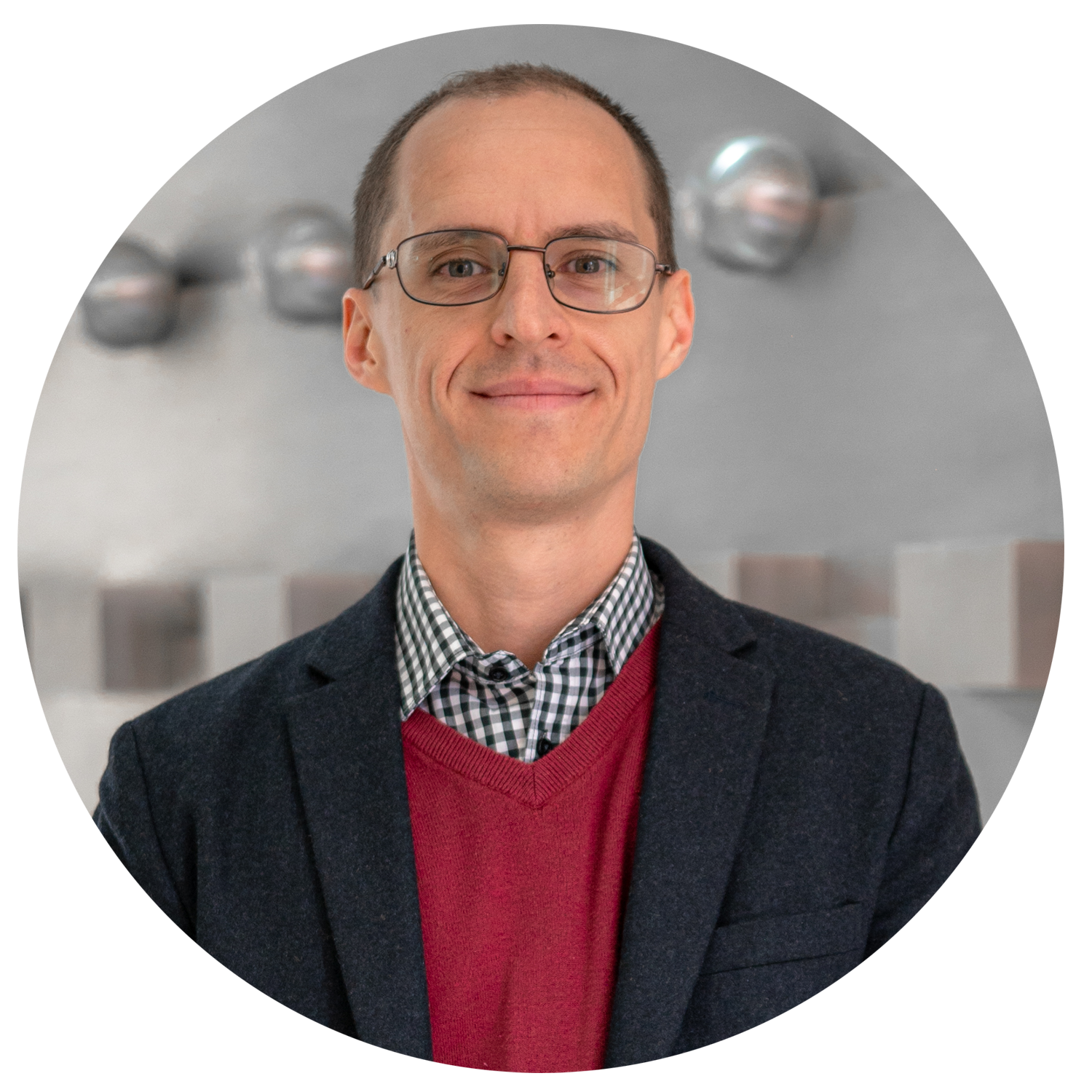
Miguel Ángel Manica
Civil Engineer from the Universidad Autónoma de Veracruz Villa Rica (2011), Master’s degree in Engineering (Geotechnics) from the National Autonomous University of Mexico (2013, with honours), and Ph.D. in Geotechnical Engineering from the Polytechnic University of Catalonia (2018, Cum Laude). He has participated in numerous geotechnical engineering projects, working at Ingenieros Consultores de Veracruz, the Institute of Engineering at UNAM, and the International Centre for Numerical Methods in Engineering (CIMNE) in Barcelona. He also completed a research stay at Imperial College London and a postdoctoral fellowship at the Institute of Engineering, UNAM, where he currently works as an associate researcher. He is the author of dozens of publications in peer-reviewed international journals, as well as in national and international conferences and book chapters. He has supervised Master’s and Ph.D. theses, and his area of expertise is numerical modelling in engineering and computational geomechanics. He is a member of Mexico’s National System of Researchers and currently serves as President of the Mexican Society of Geotechnical Engineering.

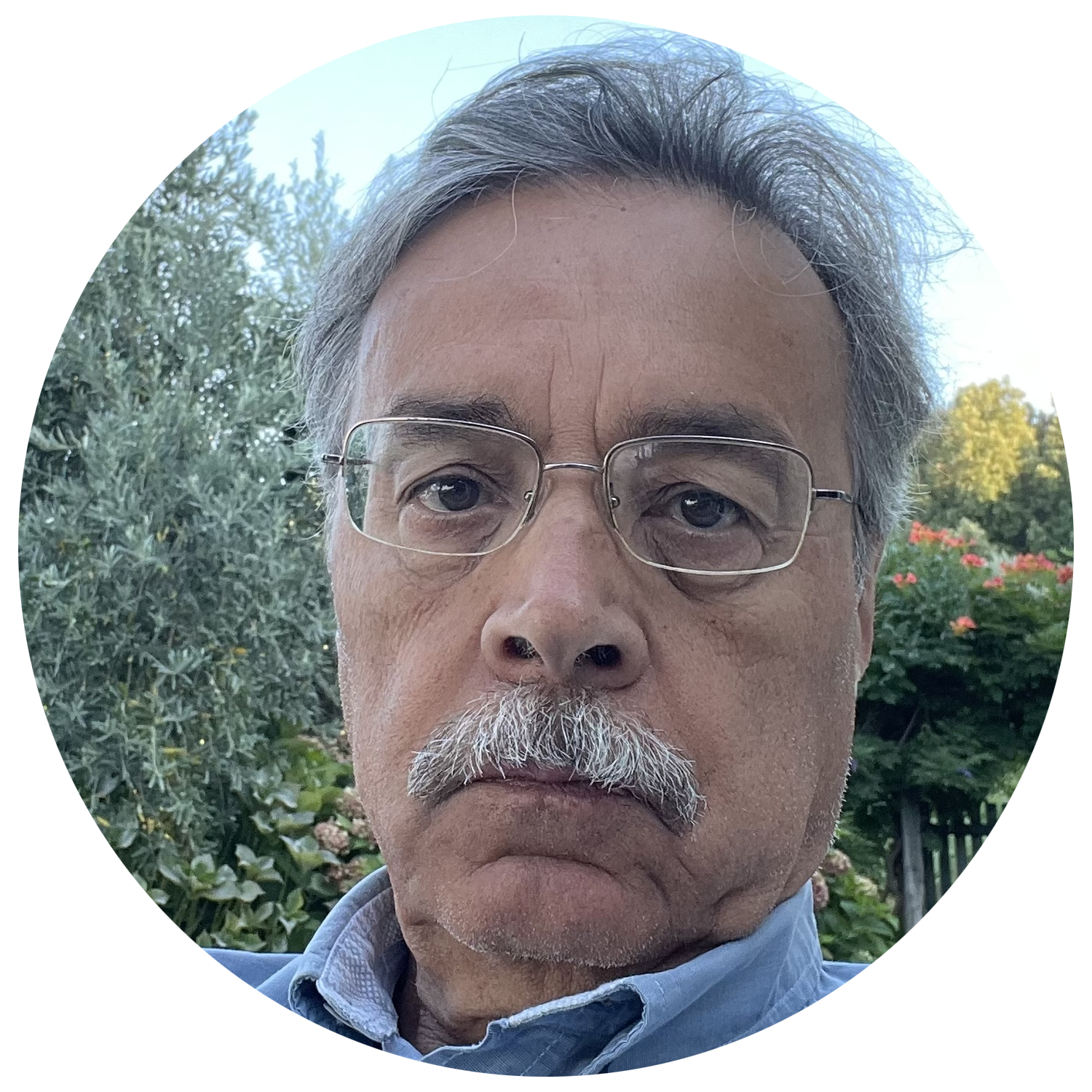
Kyriazis Pitilakis
Professor Emeritus, Aristotle University, Thessaloniki, Greece.
Ex President and currently Vice President of the European Association of Earthquake Engineering (www.eaee.org)
Ex-Chairman of TC203 ISSMGE.
Professor Kyriazis Pitilakis has more than forty five years of intensive academic, research and professional experience in civil, earthquake and geotechnical engineering. President (2018-2022) and since 2022 Vice President of the European Association of Earthquake Engineering (EAEE) (www.eaee.org), ex-Chairman of the Technical Committee “Geotechnical Earthquake Engineering and Associated Problems” (TC203) of the International Society of Soil Mechanics and Geotechnical Engineering (ISSMGE), past President of the Greek Society of Earthquake Engineering, and past president of the Department of Civil Engineering of Aristotle University, he is presently Professor Emeritus in Aristotle University, Thessaloniki, Greece and since 2019 visiting Professor in Tongji University, ILEE, Shanghai, China. With almost 700 publications in scientific journals and conference proceedings (h-index 70) he is according to recent Stanford classification among the top 10 leading researchers in Civil Engineering in Greece, and among the top 10 leading researchers worldwide in Soil Dynamics, Geotechnical Earthquake Engineering and Engineering Seismology. His scientific and research interests cover a wide range of topics from soil dynamics, site effects, engineering seismology, seismic hazard and risk, to various topics in geotechnical earthquake engineering from the seismic design, to the vulnerability and risk assessment of buildings, tunnels, infrastructures and geotechnical structures. Founder of the experimental site EUROSEISTEST (http://euroseisdb.civil.auth.gr) he has very long and worldwide recognized record in national, European and international research projects. He has been consultant in important construction projects in Greece, France, Turkey and Middle East. Professor Kyriazis Pitilakis has been invited keynote lecturer in many national, European, international and world conferences, including recently the European Conference in Earthquake Engineering and the World Conference of Tunnels (2023). He is member of Technical Committees and Working Groups for the revision of Eurocode 8 (Part 1-Seismic Actions and Part 5-Seismic Design of Foundations, Retaining Structures, Soil-Structure interaction, Liquefaction, Slope Stability and Underground Structures). Many of his more than thirty PhD and post-doc students hold academic and research positions in Greece and abroad, namely in China, Italy, UK, France, Egypt and Hong-Kong. Honors: Chevalier dans l’Ordre des Palmes Academiques, French Republic.
.

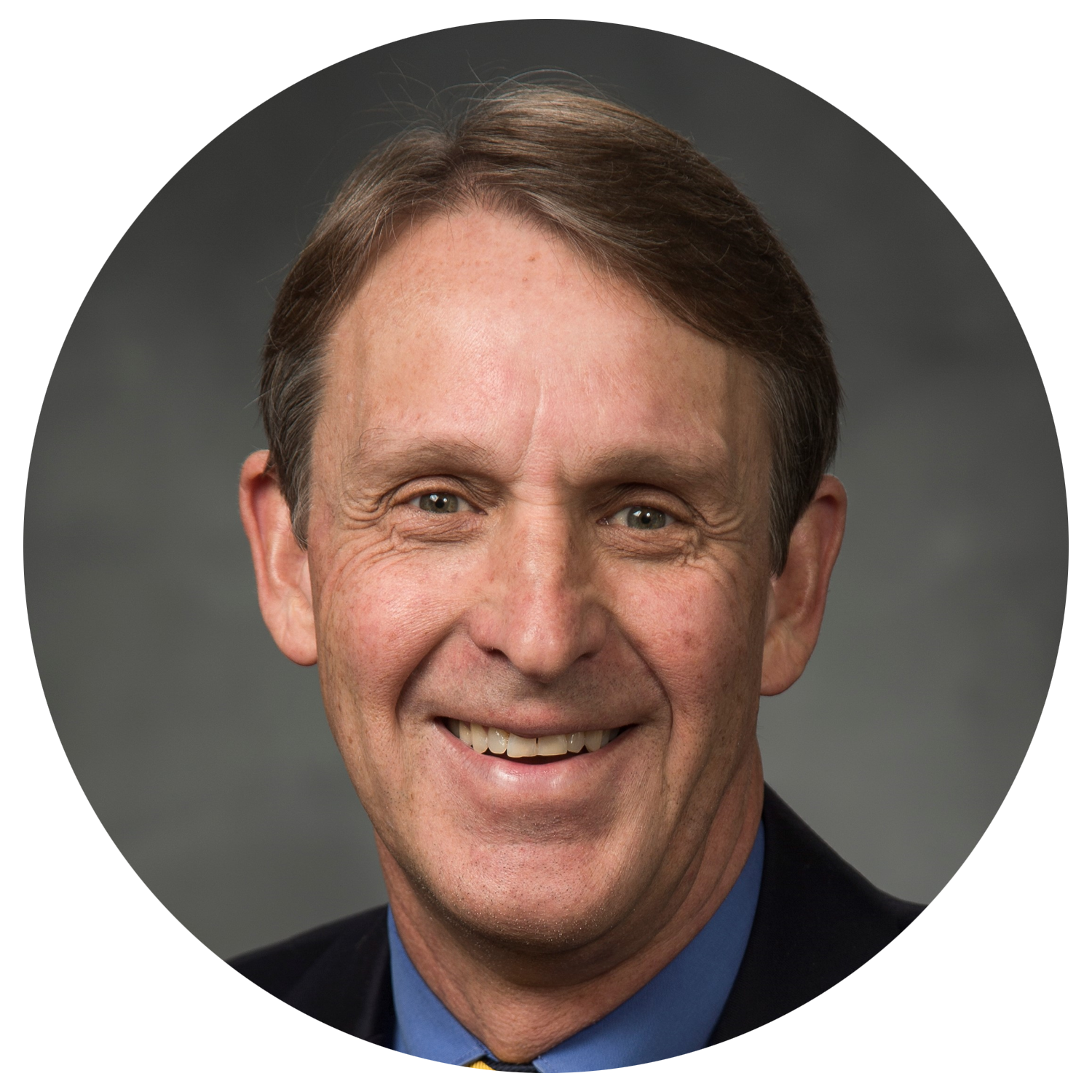
Kyle M. Rollins
Prof. Kyle Rollins received his BS degree from Brigham Young University and his Ph.D. from the University of California at Berkeley with Prof. Harry Seed. After working as a geotechnical consultant, he joined the Civil Engineering faculty at BYU in 1987. His research has involved liquefaction assessment of gravels, ground improvement, lateral resistance of piles and pile groups, passive resistance of bridge abutments, and lightweight cellular concrete. His studies typically involve full-scale testing to determine “ground truth” behavior. In this regard, he pioneered the use of blast-induced liquefaction to evaluate lateral pile resistance and ground improvement effectiveness in full-scale field tests. ASCE has recognized his work with the Huber Research Prize, the Wellington Prize, the Wallace Hayward Baker Award, and the H. Bolton Seed Medal.

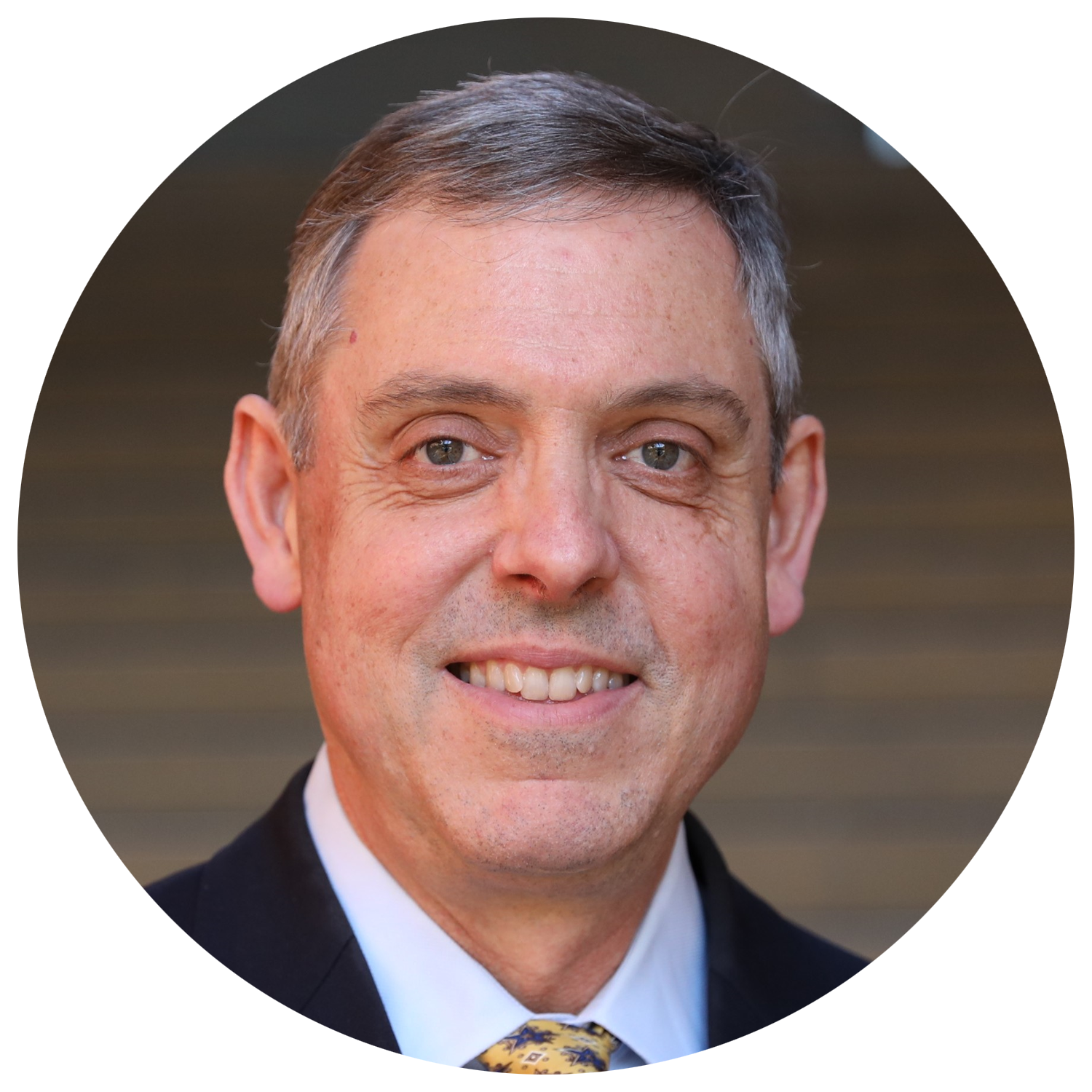
Jonathan P. Stewart
Jonathan P. Stewart’s technical expertise is in geotechnical engineering, earthquake engineering, and seismology. He works on problems related to hazard characterization (ground motion, ground failure) and infrastructure response to those hazards (soil-structure systems, distributed infrastructure systems). He has held leadership positions at UCLA (Department Chair), ASCE (Committee Chair, Journal Editor), EERI (Board of Directors, Journal Editor), and federal and state government panels and committees related to seismic risk. He is an elected member of the US National Academy of Engineering.

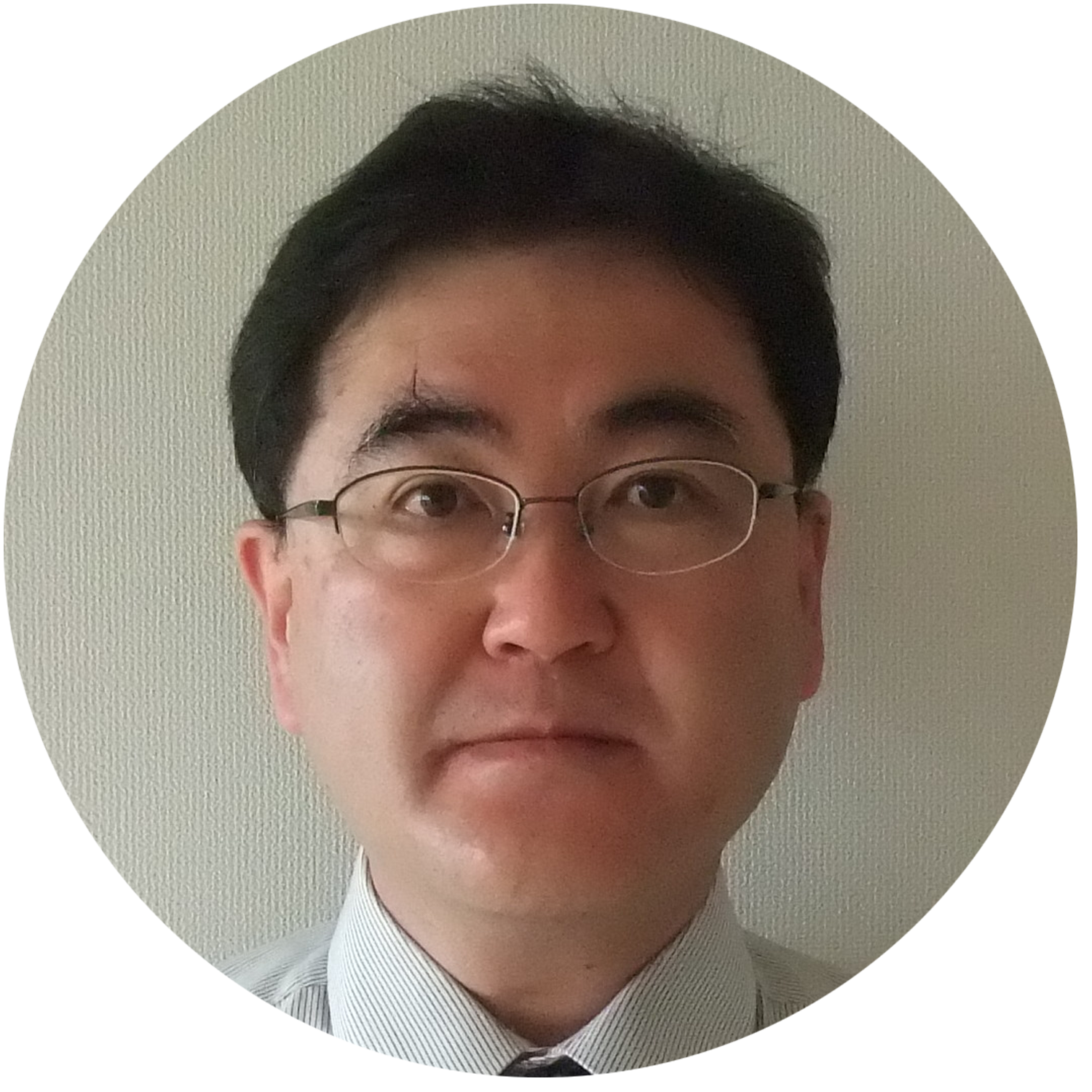
Yoshimichi Tsukamoto, Ph.D.
Professor, Department of Civil Engineering, Tokyo University of Science, Japan
He graduated from the University of Tokyo in 1990, and received his Ph.D. from University of Cambridge in 1995. He then moved to Tokyo University of Science as a research associate in 1995, where he became a full professor in 2012. He has devoted his research career mainly to the subject of soil liquefaction, including laboratory testing and field case history studies from recent major earthquakes in Japan.

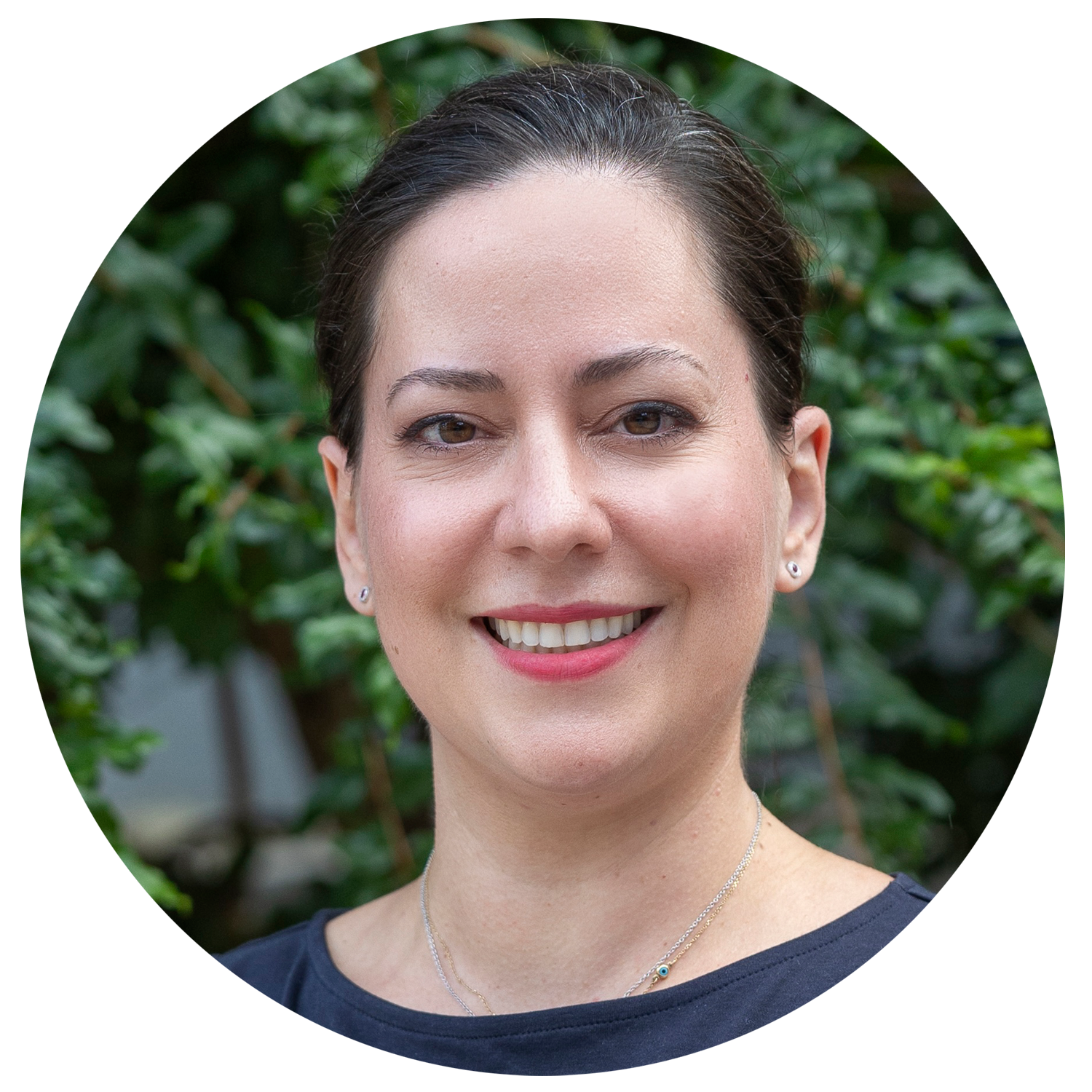
Katerina Ziotopoulou
Katerina Ziotopoulou is a Professor in Civil and Environmental Engineering at the University of California at Davis, and a licensed Professional Engineer in the State of California. She received her PhD and MS degrees from UC Davis, and a 5-year diploma degree from the National Technical University of Athens, Greece. She specializes in geotechnical earthquake engineering with an emphasis on investigating ground failure due to earthquake-induced liquefaction and cyclic softening, and its mitigation. She combines the development of advanced numerical tools with multiscale experimental methods, the establishment of validation protocols that connect the two, and the upscaling to system-level analyses of case histories. She is the recipient of the Casagrande Professional Development Award of ASCE, the National Science Foundation CAREER Award, the ISSMGE TC203 Young Researcher Award, the USUCGER Early Career Educator Award, and the ASCE Norman Medal.

